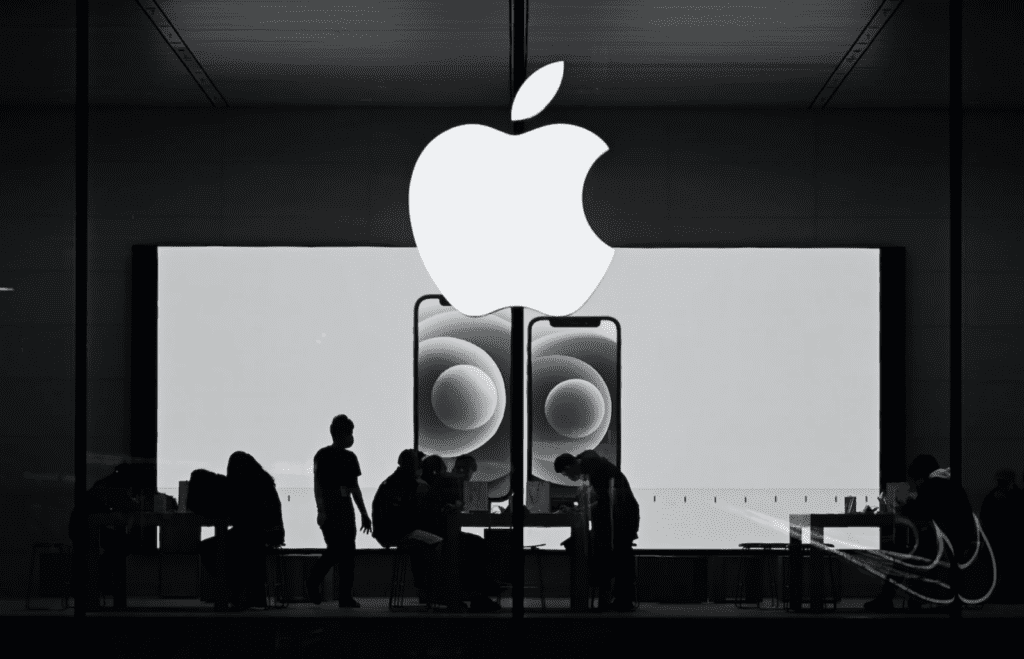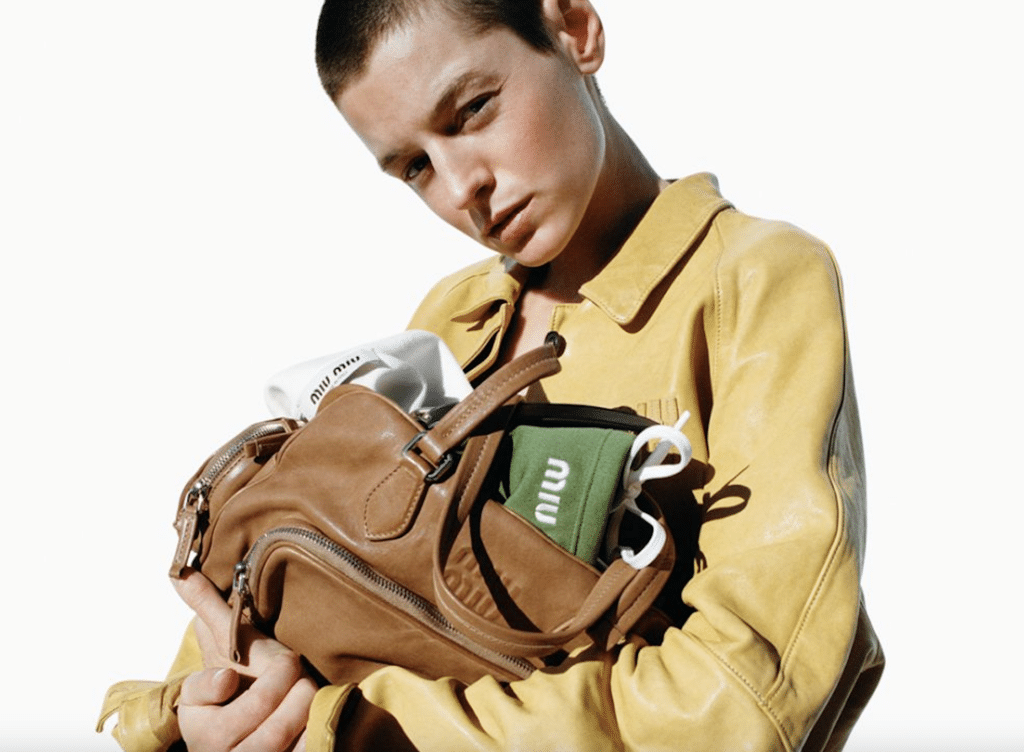Amid rising regulatory and legal interventions, and consumer attention to climate change, sustainability and other environmental, social, and governance (“ESG”) factors are consistently touted as creating value from a branding point of view. McKinsey, for one, previously found that “the overwhelming weight of accumulated research finds that companies that pay attention to ESG concerns” – and communicate that focus – benefit from increased consumer preference and experience “higher equity returns.” But while companies seem to see the importance of pushing the “green” narrative, it remains difficult to put firm figures on the value of sustainability-focused marketing endeavors and how much weight consumers give companies from an ESG branding point of view.
In a “first of its kind study,” Brand Finance recently aimed to shed light on the financial value of sustainability perceptions of the world’s biggest brands, finding that “major global brands, such as Amazon, Tesla, Apple, and [Google-owner] Alphabet, each have billions of dollars contingent on carefully managing a reputation for commitment to sustainability.” While Amazon “has the most at stake with a sustainability perceptions value of $19.9 billion,” followed by Tesla, Apple, and Google, per Brand Finance, other brands, including those in the luxury, apparel/sportswear, and cosmetics spaces, have made its list of the brands with the greatest value when it comes to sustainability perceptions.
A note on methodology: In furtherance of its Sustainability Perceptions Index analysis, Brand Finance researched the attitudes of over 100,000 members of the public from over 36 countries about over 4,000 brands via questions about brand attributes, including sustainability and the ESG factors more broadly, to determine the financial value that is tied to a brand’s reputation for acting sustainably. A company’s revenue is also weighted in the overall sustainability perceptions score. (Brand Finance notes that its sustainability metric “is not an assessment of a company’s overall sustainability performance,” but rather is an indicator of brands’ reputation for sustainability and “how much brand value it has tied up in sustainability perceptions.”)

Reflecting on the biggest names on its Index, Brand Finance states that Amazon has the highest sustainability perceptions value of any brand, $19.9 billion. This may come as a surprise to some. Like many of the world’s top brands, Amazon has a huge scope for impact due to the sheer scale of its operations. It has been the focus of regular criticism about issues as diverse as labor conditions, emissions associated with its supply chains, and the polluting effects of packaging. But regardless of Amazon’s track record, consumers around the world have confidence that Amazon is minimizing its negative impacts, or at least is committed enough for them to continue to use its services.
– Tesla is a somewhat more expected strong performer. Tesla is not only a valuable brand driven by high revenue forecasts, but it is also well known as a pioneer of the electric vehicles and battery technology that are aiding the transition to a lower carbon economy. This image has clearly carried across into the perceptions held by global consumers. Tesla has the highest sustainability driver score of any brand, at 26.9%, resulting in a sustainability perceptions value of $17.8 billion.
– The Luxury Autos sector accounted for a number of brands that performed extremely well in terms of sustainability perception, such as Porsche and Mercedes-Benz. The research has revealed the important role of sustainability perception in driving choice amongst consumers in the sector, reflected through an average driver score of 22.9%.
– After luxury auto, there is a notable dip in driver scores, but other sectors in which sustainability plays a powerful role are soft drinks (13.7%), supermarkets (12.6%), media (10.1%) and cosmetics (10%).
Some notable retail/luxury, etc. rankings include …
Sportswear – Nike, which took the number 56 spot on the Sustainability Perceptions Index, with a “2023 Sustainability Perceptions Value” of $2.3 billion; adidas in 118 with a value of $1.14 billion; Lululemon in 447 with a value of $341 million; and Puma in 484 with a value of $318 million.
Fashion/Luxury – Louis Vuitton took the number 69 place, with a value of $1.9 billion; Chanel in 96 with a value of $1.5 billion; Gucci in 108 with a value of $1.2 billion; Hermès in 144 with a value of $1.01 billion; Dior in spot number 158 with a value of $946 million; Cartier in 174 with a value of $856 million; Rolex in 175 with a value of $781; Tiffany & Co. in 313 with a value of $506 million; Coach in 389 with a value of $391 million; Prada in 440 with a value of $345 million; Burberry in 453 with a value of $337 million; and Yves Saint Laurent in 495 with a value of $310 million.
Cosmetics/Beauty – Estée Lauder in 191 with a value of $784; cosmetics co. Guerlain in 231 with a value of $670 million; Lancôme in 260 with a value of $595 million; and LVMH-owned Sephora in 271 with a value of $573 million.
Fast Fashion, which interestingly enough had a few names on the Index – Spanish fast fashion giant Zara took the number 227 spot with a value of $687 million; H&M in 254 with a value of $615 million; and Uniqlo in 255 with a value of $609 million.
Sustainability Perceptions Score
Brand Finance notes that as part of the analysis, it also evaluates how sustainable each brand is perceived to be as indicated by a “Sustainability Perceptions Score.” Taken in isolation, the impact of revenues is removed to see which brands that consumers think are the most committed to sustainability. On this front, Tesla, IKEA, and Patagonia performed well across a wide range of markets. Lush and The Body Shop scored very highly in the United Kingdom. In France, Yves Rocher and tire brand Michelin stood out, while Brazilian cosmetics giant Natura scored highly in its home market.
Patagonia is another brand that performed well in sustainability perception among consumers, especially in in the UK market. “Much of Patagonia’s value is reliant on its longstanding commitment and perceived sustainability, which acts as a powerful driver in determining the decisions of customers, investors, potential employees, regulators, and others, in the nature focused sector that Patagonia operates in.”
In terms of individual sectors, Brand Finance found that Luxury Autos “somewhat surprisingly” accounted for a number of brands that performed extremely well in terms of sustainability perception. Ferrari, for example, “performed particularly well in Italy,” partly due to Ferrari’s strong home-grown loyalty amongst consumers in Italy. However, it also comes from its clearly communicated sustainability strategy, per Brand Finance.
Cosmetics also stood out here, with a high average driver score (10%), which highlights the importance of sustainability in driving consumer choice in the sector. “Many brands within the cosmetics sector have themes relating to nature, the environment, and body image at the heart of their brand identities,” thereby, increasing the wider importance of sustainability in driving choice amongst consumers within the sector.
THE BOTTOM LINE: “Even for individual businesses,” Brand Finance states that “there could be billions of dollars of financial value to be gained from enhanced action [on the ESG front] and associated communication.”











